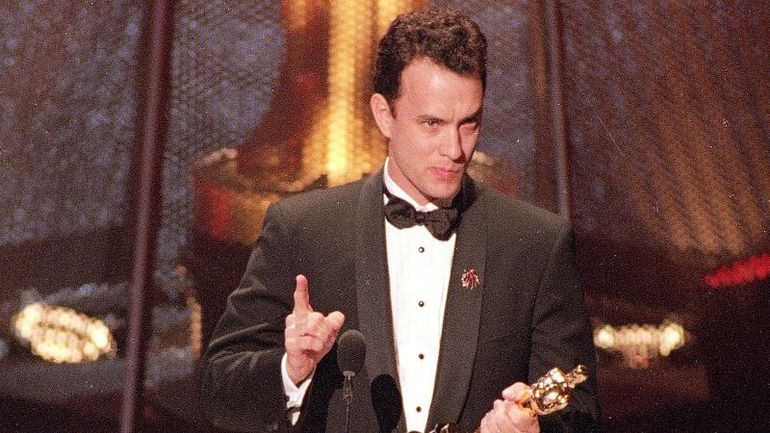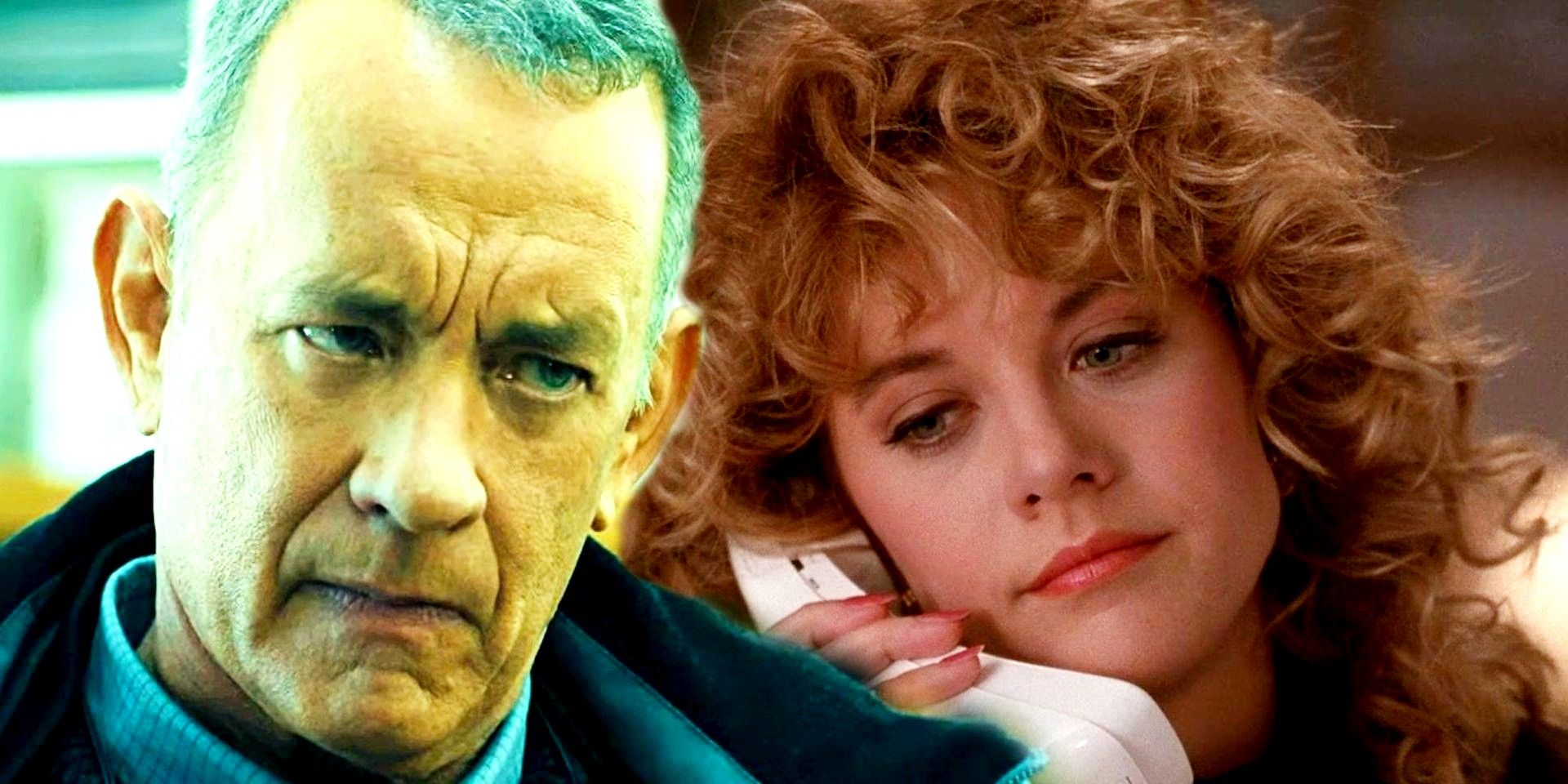
Thirty years ago, Tom Hanks made a lasting impact in Hollywood with a performance that stood out. But it wasn't on the big screen.
During the 66th Academy Awards on March 21, 1994, Hanks received the Best Actor award for his portrayal in "Philadelphia," a powerful film about a gay lawyer battling AIDS. His heartfelt acceptance speech became legendary for its emotional impact and sincerity.
As we gear up for the 96th Academy Awards on Sunday, here’s a look back at Hanks’ groundbreaking acceptance speech, 30 years later.
The speech
Hanks begins his speech by expressing gratitude to his wife Rita Wilson, the film's cast and crew, including Antonio Banderas and Denzel Washington. He then shifts to a more personal note, mentioning his high school drama teacher Rawley Farnsworth and classmate John Gilkerson, both gay men who inspired him at a young age.
Continuing, Hanks reflects on the overwhelming presence of angels in heaven, acknowledging the countless individuals who have passed away due to HIV/AIDS. He emphasizes the significance of their memory and the impact they have had on society, highlighting the importance of their legacy.
He says that the Declaration of Independence, written in Philadelphia 200 years ago, reveals a simple truth: all men are created equal. He believes in a benevolent creator who blesses us all and hopes for mercy on America. Tom Hanks won an Oscar for "Philadelphia" at the 66th Oscars in 1994.
Hanks discussed the impact of AIDS on individuals. By 1994, it had become the top cause of death for Americans aged 25-44. One of his classmates, Gilkerson, passed away from AIDS in 1989.
Even though the disease had been prevalent for over ten years when the movie was released, it was still greatly stigmatized. "Philadelphia" was among the first major Hollywood films to openly tackle the issue of HIV/AIDS.
Steven Spielberg, who had won Best Director and Best Picture for “Schindler’s List,” was in the audience that night.
Decades later, in an interview with the New York Times, he reflected on the incredible speech that reached more people and communicated more about what “Philadelphia” was saying than the movie itself.
Hanks called his drama teacher before the Oscars
Before Hanks had even won the award, he called his high school drama teacher, Farnsworth, asking permission to mention him in the speech.
Farnsworth, who was 69 years old at the time, shared with People Magazine in 1994 about a call he received at his apartment three days before the Oscars. The caller introduced himself as an old student and mentioned having a ticket to the Academy Awards. He also expressed his desire to use Farnsworth's name in connection with the content of 'Philadelphia.'
The caller turned out to be Hanks. When asked about it, Farnsworth responded, "I'd be thrilled."
Hanks says his casting wouldn’t have worked today. Memorable Oscars speech aside, the movie "Philadelphia" received criticism for casting a straight actor as a gay man. Hanks acknowledges that if the film were made today, this casting choice would not be acceptable, and he agrees with that sentiment.
In a 2022 interview, Tom Hanks mentioned that one reason why people weren't scared of that movie was because he portrayed a gay man. According to him, nowadays, audiences wouldn't appreciate a straight actor pretending to be gay as it would seem inauthentic.
Editor's P/S:
Tom Hanks' groundbreaking acceptance speech at the 66th Academy Awards in 1994 remains an emotional and poignant moment in cinematic history. His heartfelt words not only celebrated his victory but also shed light on the pressing issue of HIV/AIDS, which was still largely stigmatized at the time. Hanks' acknowledgment of his gay high school drama teacher and classmate, both of whom had inspired him and passed away from AIDS, added a deeply personal touch to his speech.
The speech also sparked a broader conversation about representation in Hollywood. Hanks' casting as a gay man in "Philadelphia" sparked criticism for not giving the role to an actual gay actor. While Hanks acknowledges that such a casting choice would not be acceptable today, he emphasizes the importance of authenticity in storytelling. The evolution of representation in film and television is a testament to the progress made in fostering inclusivity and giving voice to diverse perspectives.











